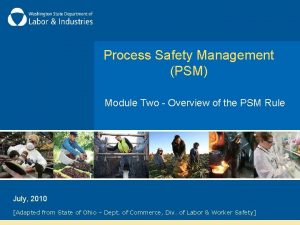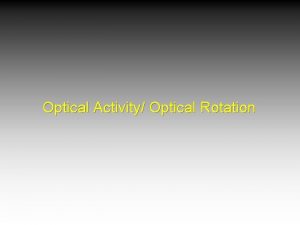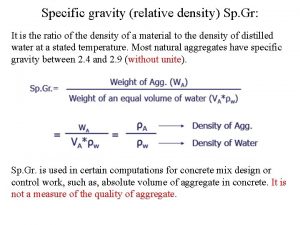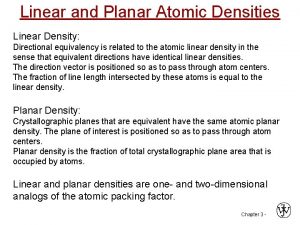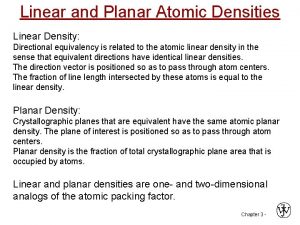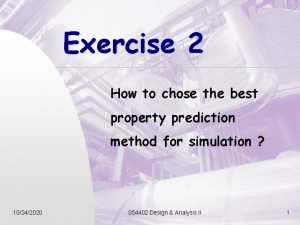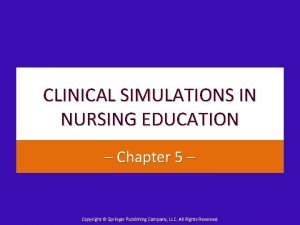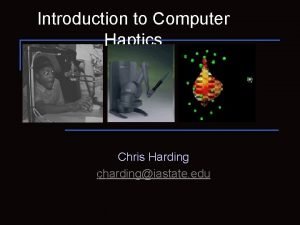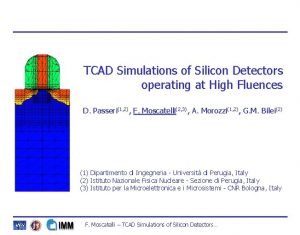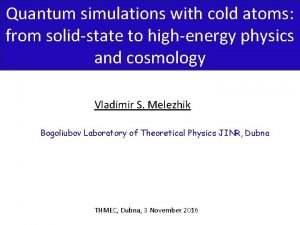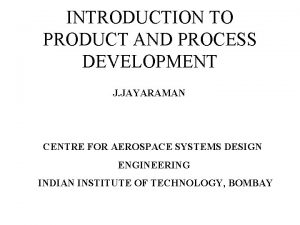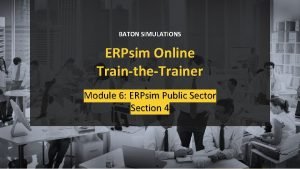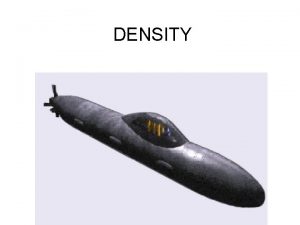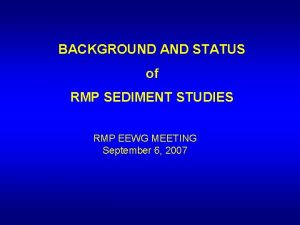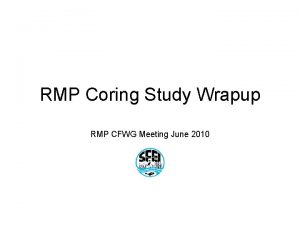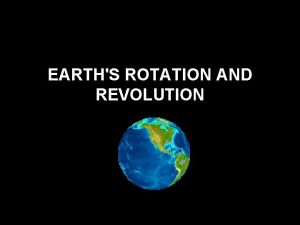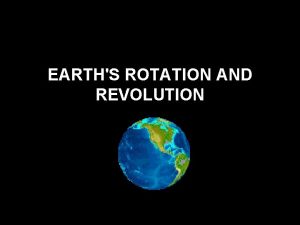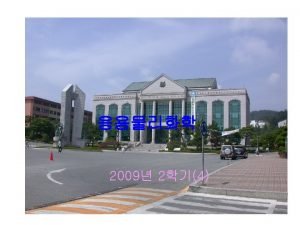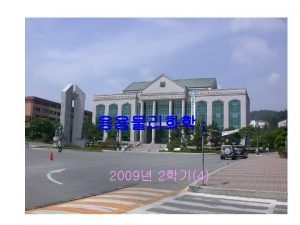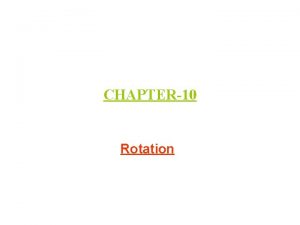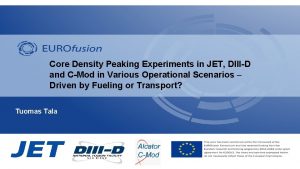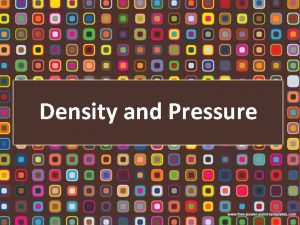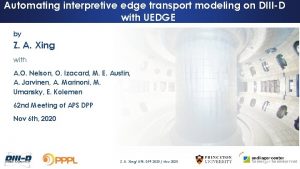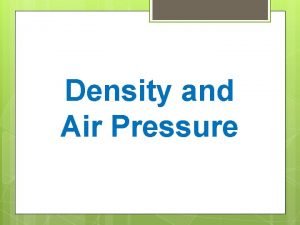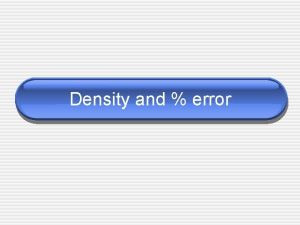DIIID RMP simulations enhanced density transport and rotation

















- Slides: 17

DIII-D RMP simulations: enhanced density transport and rotation screening V. A. Izzo, I. Joseph NIMROD meeting: 4 -21 -07

Introduction • Purpose of the simulations is to better understand ELM suppression by n=3 I-coil fields • In particular, why is the drop in pedestal pressure (responsible for ELM stabilization) primarily due to enhanced particle transport as opposed to enhanced thermal transport? • Simulations begin with EFIT from shot 113317 with vacuum RMP fields superimposed • These simulations are not directly comparable with RMP ELM suppression experiments. Shot is much lower temperature. Purpose is for eventual comparison with previous and ongoing ELM simulations done with 113317. • Shot from ELM suppression experiments with realistic rotation profile will be a next step

DIII-D I-Coils

Initial condition • Vacuum fields have : 3 k. A-turns of I-Coil current with even parity + 4 k. A-turns of C-Coil current + intrinsic error fields • n=1, 2, and 3 components are extracted from the vacuum field solution • fields are superimposed directly on EFIT equilibrium as NIMROD initial condition • direct superposition of fields without plasma response destroys outer flux surfaces DIII-D discharge 113317 from EFIT reconstruction (T. Osborne) with n=1 -3 vacuum fields superimposed

No-I-coil comparison Before plasma response Energy spectrum evolution After plasma response

I-coil cases with three rotation profiles • Simulations with: - no rotation - core rotation ~100 km/s, edge rotation < 2 km/s - core rotation ~100 km/s, edge rotation ~30 km/s • Fourth simulation to test sensitivity to initial condition

Screening effect of rotation • with no rotation, stochastic region encroaches further in • some shielding with low edge rotation • very strong shielding with high edge rotation

Energy spectra • Low edge rotation has different 1/1 mode behavior • significant growth of n=3 and n=0 kinetic energies • High edge rotation case has no significant n=3 growth • n=5 growth numerical?

Pedestal density drop without large edge rotation Low edge rotation No rotation High edge rotation

n=3 convection cells responsible for particle transport Strongest radial transport

Comparison of n=3 velocities

Why does factor of 2 reduction in amplitude completely eliminate transport?

Temperature profiles for all three rotation profiles • present transport model yields temperature drop at pedestal • low edge rotation case differs from other two • possible effect of rotation shear on 1/1 mode?

How important is the initial condition? • These simulations began with fully penetrated vacuum RMP fields, rather than ramping the RMP fields with plasma already present • This is done primarily because time dependent boundary conditions in NIMROD are considerably more complicated than static boundary conditions • Could build up RMP fields in a series of steps • A simple approach to generating a different initial condition – use final state from high edge rotation case with RMP fields well screened, then turn off toroidal rotation, so that fields re-penetrate

Fields re-penetrate when rotation turned off t=0. 5 ms

n=3 amplitude, particle transport increase

Conclusions • RMPs can enhance particle transport by n=3 convection across the separatrix associated with resonant mode • Rotation screens RMP fields and a sufficient value at the edge can suppress associated transport • Screened fields re-penetrate when rotation is turned off, transport effects are not strongly dependent on initial condition Future Work: Begin simulations that can compare closely with experiment…
 Rmp cell
Rmp cell Amway vs rmp
Amway vs rmp Psm vs rmp
Psm vs rmp Duties of rmp
Duties of rmp Tetany vs tetanus
Tetany vs tetanus Optical rotation formula
Optical rotation formula Define specific gravity in fluid mechanics
Define specific gravity in fluid mechanics Linear density and planar density
Linear density and planar density Linear density of atoms
Linear density of atoms Yes or no
Yes or no Clinical simulations in nursing education
Clinical simulations in nursing education Chris harding simulations
Chris harding simulations Tcad simulations
Tcad simulations World history simulations
World history simulations Simulations for solid state physics
Simulations for solid state physics Www.irs.gov/app/understanding taxes/student/simulations.jsp
Www.irs.gov/app/understanding taxes/student/simulations.jsp Pinpoint simulations 777
Pinpoint simulations 777 Baton simulations
Baton simulations


